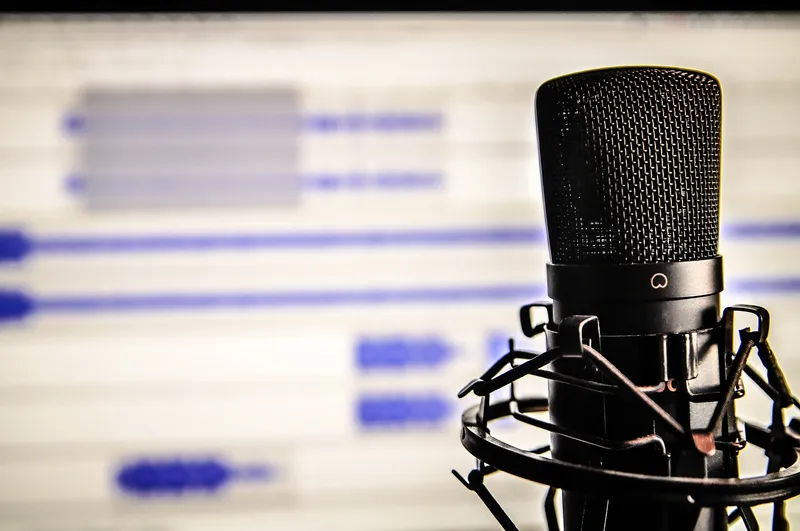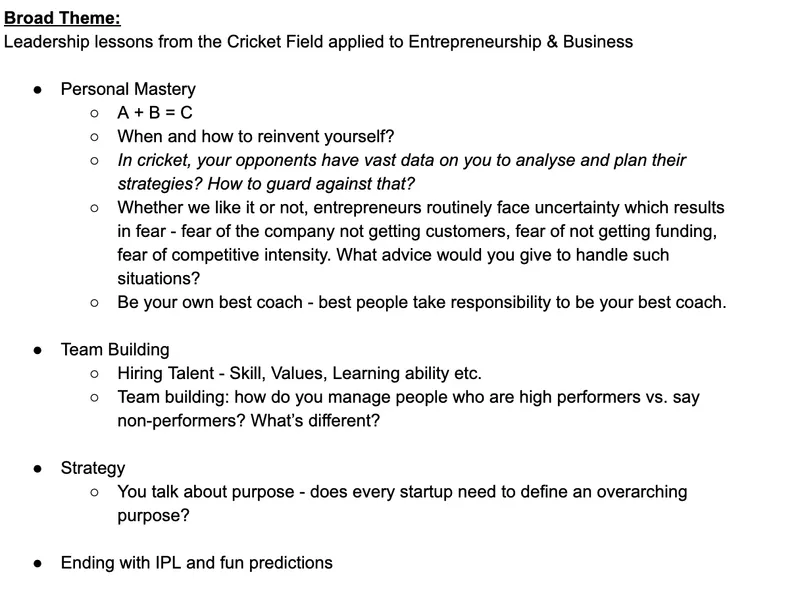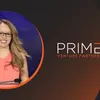How being a podcast host helped me become a better listener
Prime Ventures Podcast has completed 50 episodes recently. Amit Somani, Managing Partner, Prime Venture Partners, talks about the lessons learned while making a podcast episode, having meaningful conversations, being present, and becoming a better listener.
We have recently completed over 50 episodes of the Podcast for entrepreneurs. It has been an enriching and rewarding journey to learn about business and entrepreneurship from our guests, and become a better interviewer and a better listener. Here are some reflections and some of the lessons learned.

[Image Credit: Pixabay]
Let us talk about the making of a podcast episode. Of course, at the heart of every podcast is the guest. You start by studying your guest, their areas of expertise, their social media presence, and more. Like the Scouts motto, "Be Prepared!".
Lesson #1: For crucial business meetings, I have learned to study the person's background and state of mind quickly. Even before you get started, you have an edge. Since the guests have broad expertise, one of the first challenges is figuring out the "theme" for the episode. The level of preparation and pre-sharing also varies. Some guests want to have the entire script, and others want to wing it. Since the best podcasts are conversational, if you overly structure them, you will lose the flow. If you are underprepared, both the guest and you will have a rambling conversation.
Lesson #2: I walk into every meeting now with the mindset of what do I want to learn, share or get out of it. Just like a podcast, I have a "theme" in mind and not just an agenda. This helps me focus enormously and yet be flexible.
The following is an example of how I prepared for the Paddy Upton podcast episode about mental and performance coaching lessons from the world cup winning cricket team.

[Image Credit: Amit Somani, Managing Partner at Prime Venture Partners]
Now comes the part of actually interviewing the guest. Your job as the podcast host is to get the best insights out of each guest. To do this, first, you need to make the guest comfortable. Then, you have to ask open, direct, and thoughtful questions. While the guest should share generously, you also need to "manage" the conversation as the host. You don't want the guests to ramble too much or to be too terse.
I always understood there really was no difference between me and the audience. At times, I have had better shoes. But at the core — at the core of what really matters — we were the same.” - Oprah Winfrey
As the host, you are the director of the movie, and you need to take every listener on a journey as if they were present in the room.
Lesson #3: Ask open-ended questions to participants in meetings, not just tactical or transactional ones. If you have ever seen some of the best TV Show hosts like Oprah Winfrey or Larry King, you know that their follow-up questions are even better than their opening ones.
The reason is that they listen intently and completely to what the guest is saying. If you are not fully present at that moment, you will miss important cues to unearth the hidden gems in the conversation. Further, the guest feels very welcome and truly heard; that opens them up to share from their heart and not just their mind. This happened in an episode with Anshuman Bapna. While talking about pivots, M&A, failures, etc., he jumps to talking about the impact that had on his family life. Probably one of the most vulnerable but great moments that couldn't have been scripted.
Being present helps the art and science of listening to get sharper.
Lesson #4: Mirror and better yet, paraphrase what you hear in a meeting. Mirroring is pulling out the gist of what the other person is saying using their words; whereas paraphrasing is demonstrating understanding in your words. Both of these establish "presence" and build an enormous amount of trust. Finally, towards the end of the podcast, you have to articulate what you personally took away from the episode, and perhaps a broad summary of the podcast. Connecting the dots at the end brings its all together not just for your listeners but also your guest.
[Disclaimer: This story first appeared on ]
Edited by Megha Reddy









